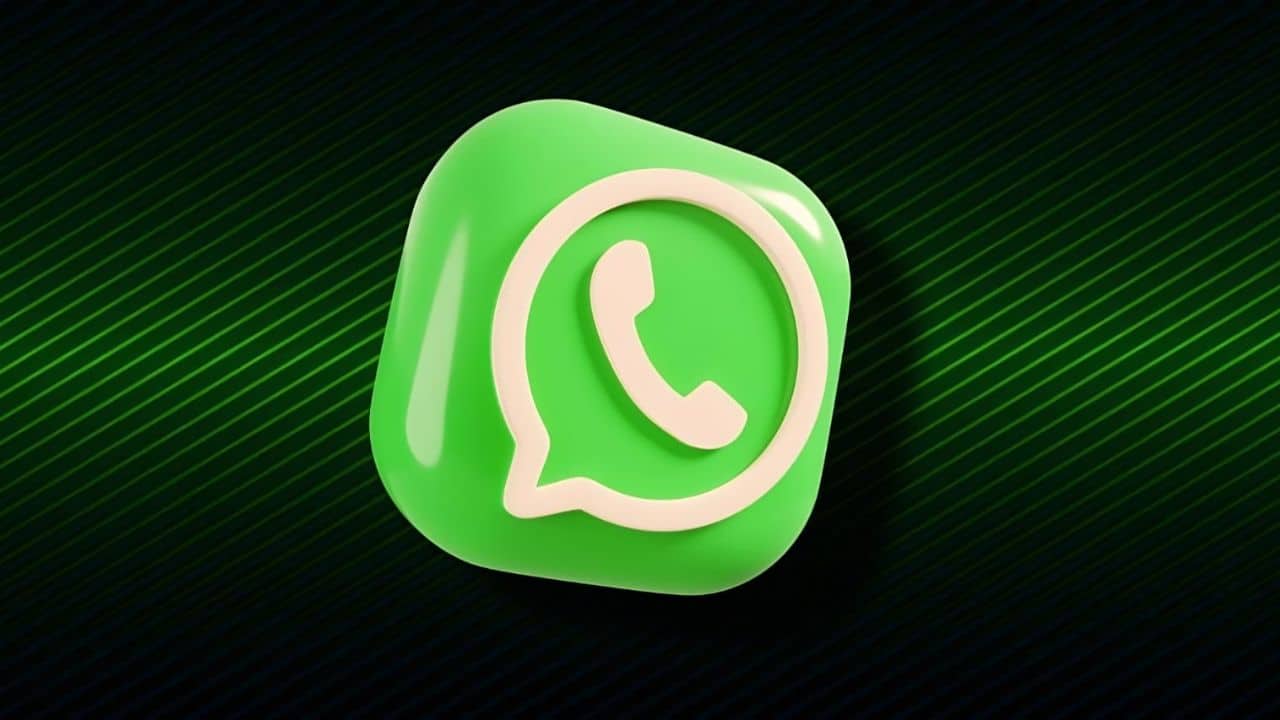Listen to the Podcast:
The first robot lawyer in the world was made by a startup called DoNotPay. The company has been sued for fraud because the robot lawyer showed up in court without a license to practice law in the United States.
Washington Examiner says that Joshua Browder, the Chief Executive Officer (CEO) of DoNotPay, and his company have supported the idea that AI could become lawyers.
However, minutes sent to the court on March 3 and made public on Monday said that the first robot lawyer’s appearance might also be his last.
In the past few months, the US and the rest of the world have been talking about artificial intelligence; called the “world’s first robot lawyer”, and offers consulting services on more than 150 different topics.
A proposed class-action lawsuit against the robot lawyer was filed by Edelson, a law firm in Chicago, and posted on the website of the Superior Court of the State of California for the County of San Francisco.
“Unfortunately for its customers, DoNotPay is not a robot, a lawyer, or a law firm. “The complaint said that DoNotPay does not have a law degree, is not barred in any state, and is not overseen by any lawyer.
The lawsuit was filed on behalf of Jonathan Faridian, who said he hired DoNotPay to write different legal documents for him, such as demand letters, a small claims court filing, and a complaint about job discrimination.
The Washington Examiner said that DoNotPay’s AI could not be used because the court had warned against it. The AI was getting ready to go to court for the first time on February 22.
Browder said that the AI is “the first robot lawyer in the world” and “a cheap alternative to lawyers.” But the lawyers said the DoNotPay project is “a tech company that tricks users and acts like a lawyer.”
The documents that were sent to the court also had comments from a few people who used DoNotPay’s advisory system to try to get their parking tickets removed.
Because artificial intelligence told them what to do, they had to pay the court more than twice as much as they should have.
Because more than 90% of the reviews of DoNotPay on the internet and social media were negative, the lawyers called it “a failed attempt and a large-scale fraud”. They charged the CEO with “fraud by persuasion” and “informatics fraud.”
Also, the documents sent to the court said that it wouldn’t be a problem if the artificial intelligence were called a “legal adviser” instead of a lawyer but that the company lied on purpose to market this software in a way that would trick people.






































